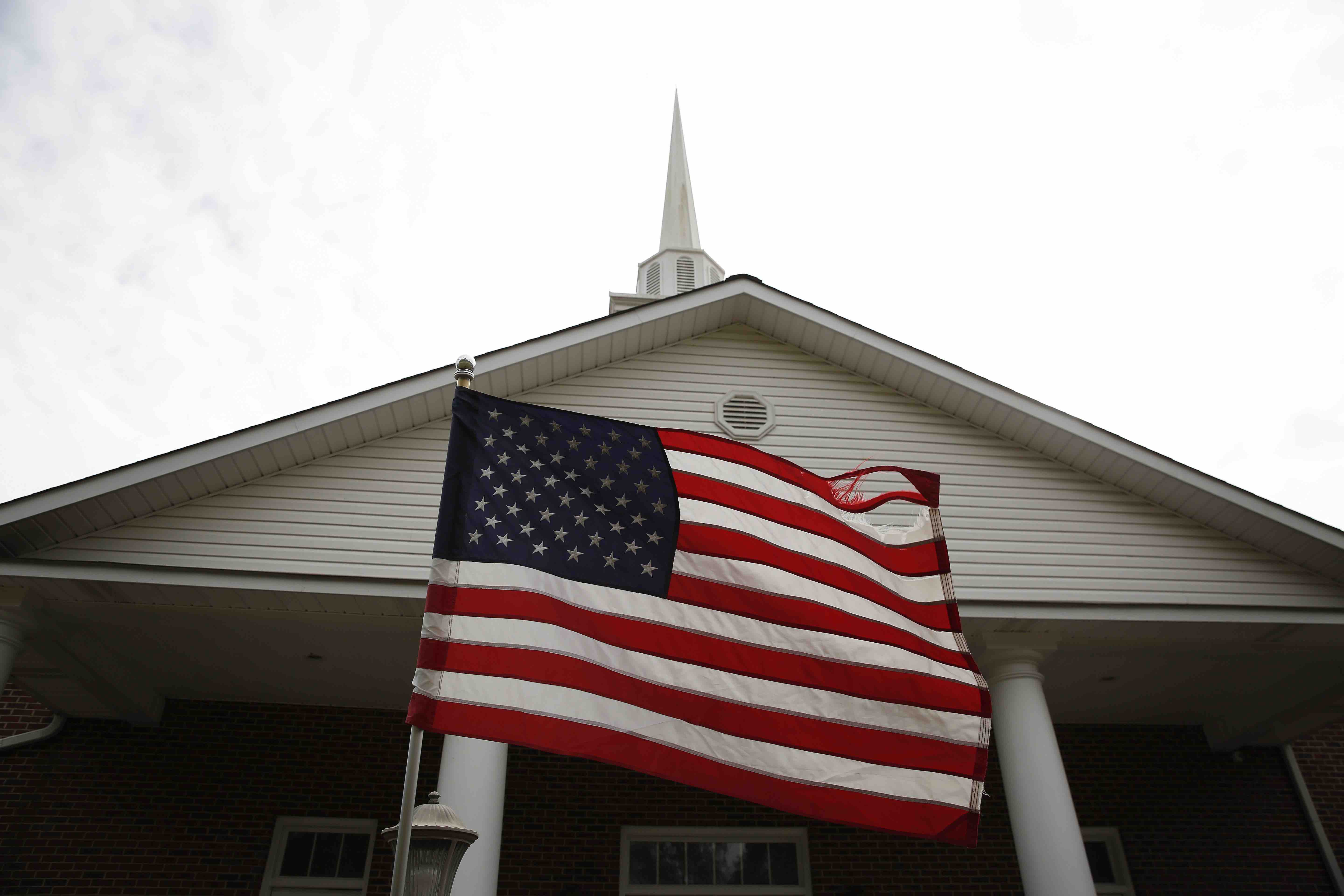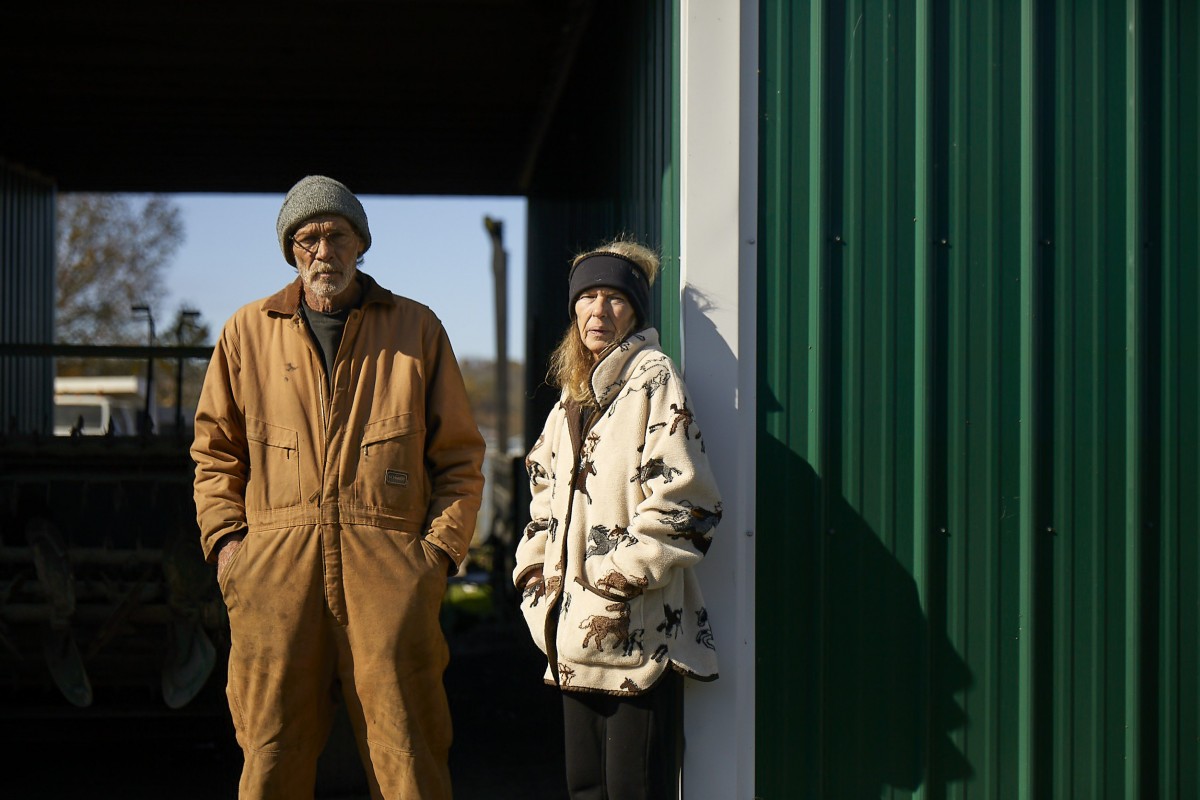Federal health officials say clinical trials show that both coronavirus vaccines from Pfizer-BioNTech and Moderna are safe and more than 90 percent effective at preventing coronavirus infections.
That hasn’t stopped groups from portraying the vaccines as dangerous, the product of corruption, or part of a government plot to track citizens. We have fact-checked unproven or innaccurate claims that say the coronavirus vaccines can cause death and infertility; that all Americans will be forced to get vaccinated; that the vaccines are part of a larger plan to implant people with microchips.
Such claims seek to undermine Americans’ confidence in coronavirus vaccines — with consequences for the future course of the pandemic, medical experts say.
“The whole point of a vaccine campaign is to achieve herd immunity safely, and that only happens when a significant portion of the population is inoculated,” said Dr. Seema Yasmin, director of research and education programs at the Stanford Health Communication Initiative. “And that won’t happen when there are large swaths of the community where there’s distrust in vaccines.”
Many unproven or innaccurate claims about the coronavirus vaccine have circulated in online communities skeptical of mainstream medical interventions or the power of the federal government. Some have spread misinformation about COVID-19 since the beginning of the pandemic.
“I think our second wave of the infodemic is really going to be focused on the vaccines,” said Sarah Evanega, director of the Cornell Alliance for Science.
Alternative health websites and Facebook pages are among the largest sources of falsehoods about the coronavirus vaccine, according to NewsGuard, a firm that tracks online misinformation. A report from the Center for Countering Digital Hate, a London nonprofit organization, found that accounts it describes as anti-vaccine on social media have gained nearly 8 million followers since 2019 — outpacing the growth of what it calls pro-vaccination groups.
Amid the spread of inaccurate information, social media platforms have started to take action.
On Oct. 14, YouTube said it would remove videos that contain claims about COVID-19 vaccines that contradict information from public health authorities. On Dec. 3, Facebook made a similar announcement, followed by Twitter on Dec. 16.
In response to those restrictions, activists have pivoted to hosting in-person events across the country, with the hope that news outlets will report on their claims, NBC News reported.
Some people may be susceptible to unproven claims about vaccines because unanswered questions about who should take it remain.
“Parents spend a lot of energy evaluating the risks and benefits of vaccines, and they are inclined to overestimate the risk and underestimate the benefit,” said Jennifer Reich, a sociology professor at the University of Colorado-Denver who has studied vaccine hesitancy.
While the coronavirus vaccines were developed in record time, the underlying research behind them goes back decades. Tens of thousands of people participated in clinical trials this year to make sure the vaccines were safe before rolling them out to the general public. To receive FDA emergency-use authorizations, the manufacturers had to follow up with at least half of participants for at least two months after receiving their vaccinations.
Still, another worry is that some people assume the government rushed the vaccines before they were ready. Mixed signals earlier in the pandemic may have contributed to that impression.
In April, the Centers for Disease Control and Prevention reversed course after initially advising healthy Americans to not wear face masks in public. In July, the FDA revoked its emergency-use authorization for hydroxychloroquine, a drug used to treat rheumatoid arthritis and lupus, saying it’s “unlikely to be effective in treating COVID-19” and could cause “serious side effects.”
“So you can see how that would rattle people who are on the sidelines saying that, ‘You’re the agency that regulates vaccines. You rushed and then revoked the EUA for hydroxychloroquine … are you rushing this?’” Yasmin said.
Since May, at least seven polls have taken stock of how Americans feel about getting vaccinated for COVID-19. Confidence in the vaccine dipped over the summer, and most polls show that between 50-70 percent of respondents are now willing to take a vaccine. Scientists estimate that 60-70 percent of people need to get vaccinated in order to achieve herd immunity. They are hopeful vaccine education efforts will help.
Black and Hispanic Americans are significantly less likely to say they would get the vaccine, possibly because of the historical exploitation of minorities by the scientific community. Some anti-vaccine misinformation has specifically targeted minorities. Since rates of illness and death from COVID-19 have been higher for minorities than for white Americans, the consequences of forgoing vaccination could be especially dire.
To build trust, President-elect Joe Biden received his vaccine on camera on Dec. 21. Vice President Mike Pence received his first shot during a televised event at the White House on Dec. 18. Three ex-presidents — Bill Clinton, George W. Bush and Barack Obama — have said they would get vaccinated on camera, too.
The vaccination examples may change some minds. But for some people, the decision transcends politics and speaks to closely held beliefs about the pharmaceutical industry and government surveillance.
“If somebody has adopted something because it’s an expression of deeper identity, then good luck,” said Joseph Uscinski, a University of Miami associate professor of political science who researches conspiracy theories. “You may not change their minds with a link or a fact-check, and even if you did, you’re engaged in a game of Whac-a-Mole.”
To reduce the impact of misinformation, Reich said public health officials need to be clear about what the vaccine will and won’t do, and how it will affect the rest of the pandemic.
“My No. 1 priority is not just to make sure people take the vaccine — it’s to make sure people feel good about taking the vaccine so we can maintain public health consensus moving forward,” she said.
This article was originally published by PolitiFact.



